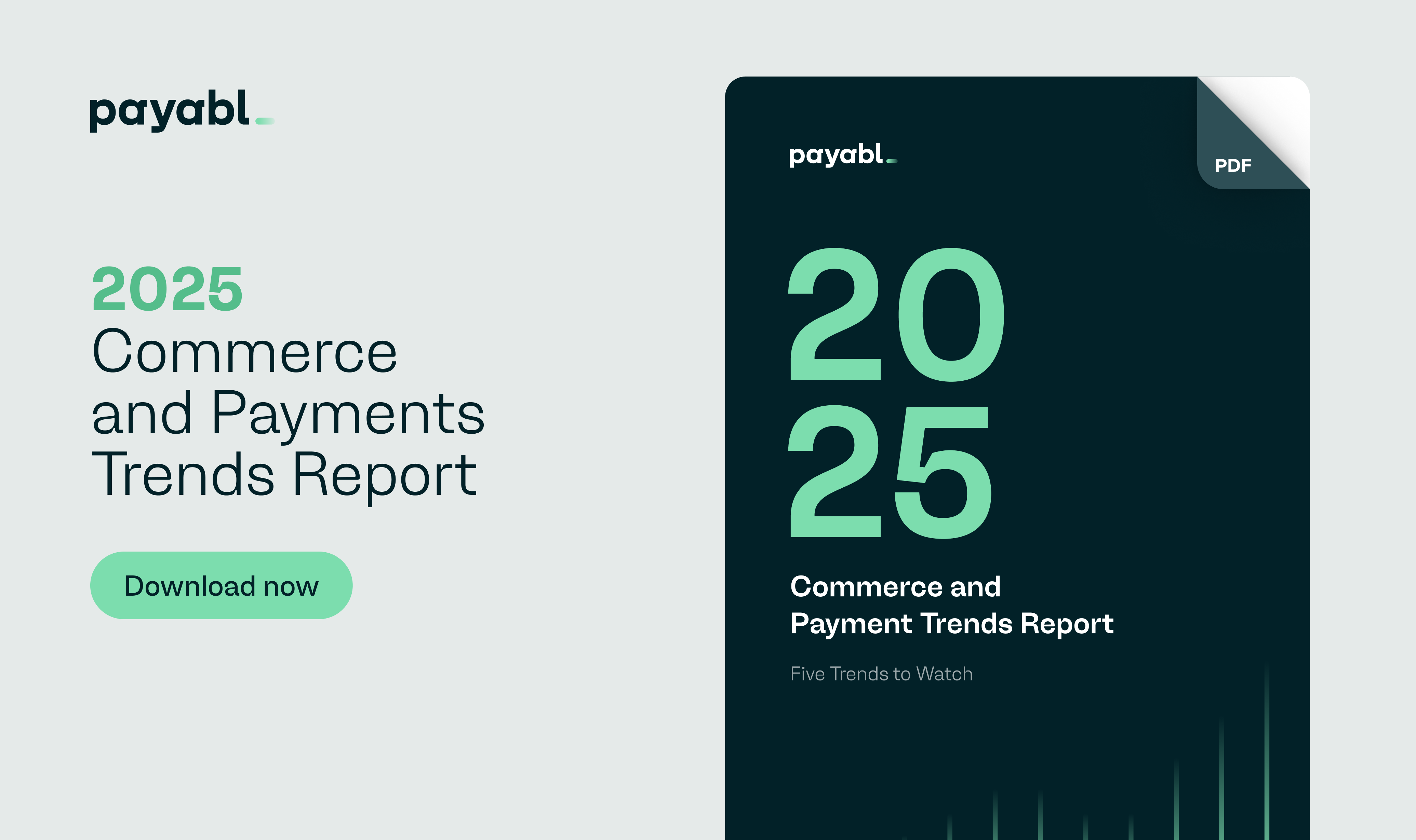The global payments landscape is poised for transformative growth in 2025, driven by a surge in digital wallets and open banking adoption, according to a survey by payabl., a European financial services provider with offices in Cyprus.
The survey revealed that 82 per cent of merchants anticipate increased use of digital wallets, while 70 per cent expect open banking and instant bank transfers to gain traction, reflecting growing consumer demand for convenient and secure payment solutions.
It should be noted that open banking refers to a financial model that enables third-party developers to tap into traditional banking systems through APIs, allowing them to access and utilise financial data.
Other methods gaining popularity include QR code payments (34 per cent), buy now, pay later (BNPL) options (26 per cent), cryptocurrencies (21 per cent), and central bank digital currencies (11 per cent).
Moreover, merchants identified consumer demand for convenience as the primary driver of innovation, cited by 60 per cent of respondents.
Technological advancements (53 per cent) and regulatory changes (50 per cent) also play significant roles in shaping the future of payments.
“Merchants are clearly focused on future-proofing their payments strategy to meet the growing demand for convenience and flexibility and address the major challenges around regulatory compliance and fraud prevention,” said Ugne Buraciene, Group CEO of payabl.
“By aligning technology investments with these consumer expectations, they are not only boosting resilience but also paving the way for a sustainable, future-ready ecosystem,” she added.
To address emerging challenges, 66 per cent of merchants plan to invest in artificial intelligence (AI) for fraud detection and payment performance improvements, while 57 per cent aim to harness data analytics for deeper insights into payment behaviour.
Additionally, 39 per cent prioritise API-based integrations to enhance payment ecosystems’ flexibility and security.
Meanwhile, fraud prevention remains the top concern for 66 per cent of respondents, followed by regulatory compliance (61 per cent) and cybersecurity threats (47 per cent).
Other challenges include integrating new technologies like AI (45 per cent), optimising customer experience (32 per cent), and managing costs (26 per cent).
The survey also revealed that the imminent SEPA instant payment deadline on January 9, 2025, is adding urgency to industry preparedness.
Despite the mandate requiring banks and payment service providers (PSPs) to support instant payments, only 24 per cent of respondents believe the sector will be fully ready.
What is more, the survey identified instant payments (58 per cent), regulatory changes such as PSD3 (52 per cent), and the integration of AI and machine learning (45 per cent) as the most impactful trends shaping the payments industry.
Finally, open banking (36 per cent), BNPL (27 per cent), and cryptocurrencies (19 per cent) are also gaining attention, alongside emerging trends like embedded finance (13 per cent) and sustainable payments (8 per cent).







Click here to change your cookie preferences